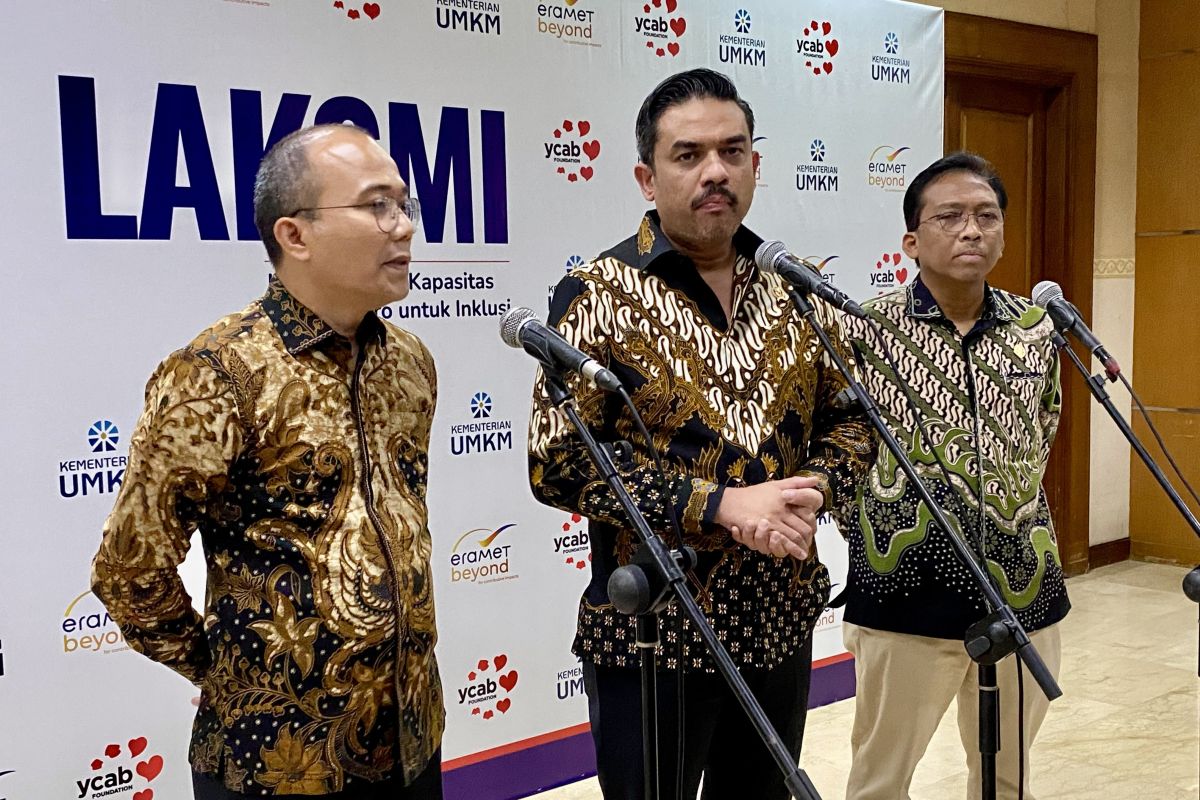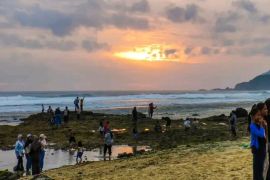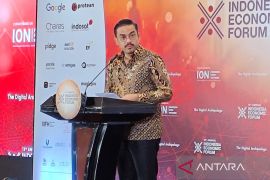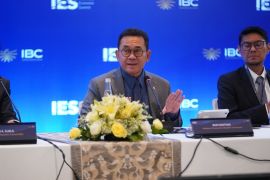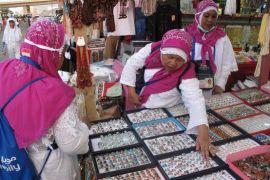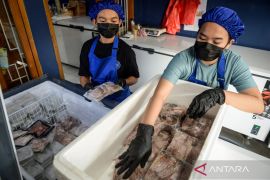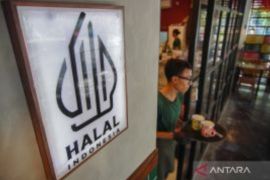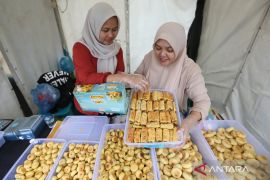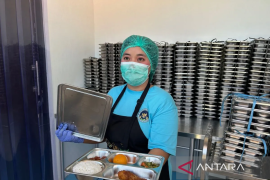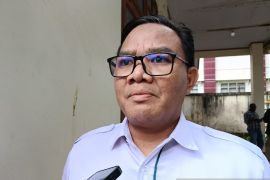“Amid the (current) global turmoil, for us, the main priority is to empower, protect, and optimize the use of MSME products in Indonesia,” he added.
Although the plan to form a task force for MSME protection by the Coordinating Ministry for Political, Legal, and Security Affairs is still under discussion, efforts to protect and empower MSMEs have been conducted intensively, he noted.
As a concrete action to strengthen local businesses, the MSMEs Ministry has launched the MSME Protection and Empowerment Festival, which has so far covered three of the 18 provinces targeted across Indonesia.
Based on government data, in 2024, the number of MSMEs in Indonesia was estimated at more than 65 million.
These businesses play an important role in the Indonesian economy, contributing around 61 percent to the nation’s gross domestic product (GDP) and absorbing around 97 percent of its workforce.
The conflict between Iran and Israel has continued to heat up after a US-backed Israeli military attack on June 13, 2025, that triggered a retaliation from Tehran.
Experts have warned that the escalation has the potential to shake the global economy, including that of Indonesia.
One of the biggest concerns is the possibility of Iran shutting the Strait of Hormuz, a vital route for most of the world’s oil supply.
If this happens, global oil prices could soar sharply, which could directly burden Indonesia’s State Budget.
An increase in oil prices would increase the cost of oil imports and energy subsidies that the government must bear to keep fuel prices stable domestically.
In addition, escalating tensions in the Middle East have the potential to disrupt Indonesian exports.
The conflict could trigger problems on international shipping routes, causing delays in shipping goods, increasing cargo insurance costs, or even a potential decline in global demand.
Trade Minister Budi Santoso said that the government has prepared alternative markets to maintain export stability amid global uncertainty triggered by the conflict.
Several strategic trade agreements have been completed to expand Indonesia’s export access to non-traditional areas, he informed.
They include the Indonesia-United Arab Emirates Comprehensive Economic Partnership Agreement (IUAE-CEPA), the Indonesia-Eurasian Economic Union Free Trade Area (I-EAEU FTA), as well as a trade agreement with Tunisia.
Such steps are needed, according to Santoso, to anticipate potential supply disruptions or decreased demand from markets that may be affected by the conflict.
Related news: Ministry boosts MSMEs' connectivity with large industries
Related news: RI Govt seeks to bolster legality, protection of micro businesses
Translator: Shofi Ayudiana, Yashinta Difa
Editor: Primayanti
Copyright © ANTARA 2025
